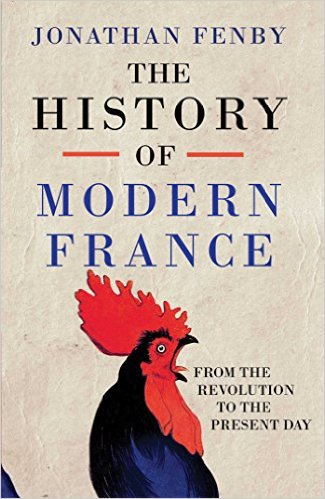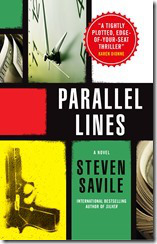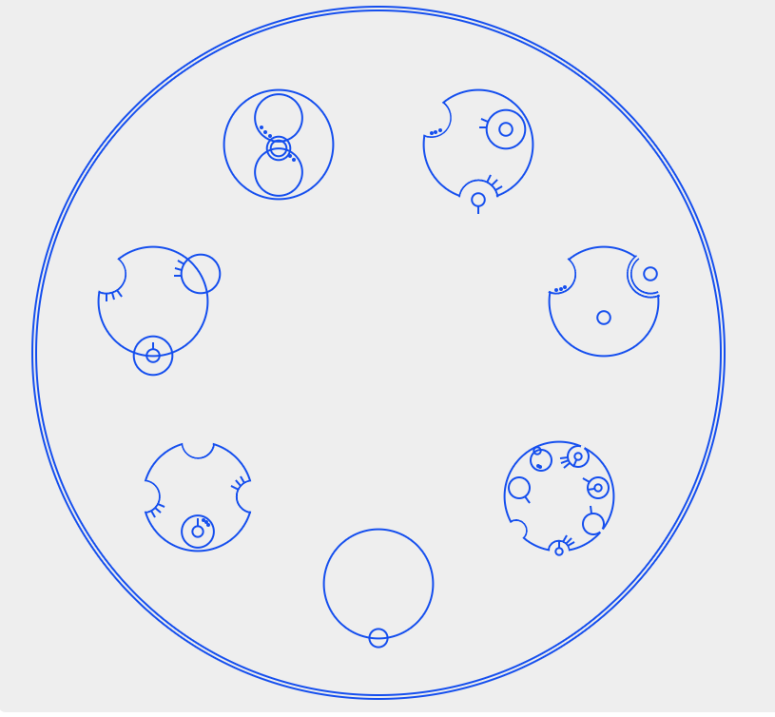 I got this book in the lead up to the French presidential election, and although it sat on the “To Read” pile until after Macron’s victory, I was hoping to pick up a sense of the forces involved in that election. The French presidential election seems increasingly like a free for all with a baffling number of candidates; hardy perennials that turn up each time, and spin offs from the main parties. I have tried to get an understanding of France before, with Graham Robb, but was just even more lost in the number of regions, subcultures, personalities and quirks of history that make up the country. To misquote De Gaulle: how can you understand a country which has two hundred and forty-six varieties of cheese?
I got this book in the lead up to the French presidential election, and although it sat on the “To Read” pile until after Macron’s victory, I was hoping to pick up a sense of the forces involved in that election. The French presidential election seems increasingly like a free for all with a baffling number of candidates; hardy perennials that turn up each time, and spin offs from the main parties. I have tried to get an understanding of France before, with Graham Robb, but was just even more lost in the number of regions, subcultures, personalities and quirks of history that make up the country. To misquote De Gaulle: how can you understand a country which has two hundred and forty-six varieties of cheese?
This history starts with a quick review of Napoleon and the Revolution before taking the reader chronologically through French history. Starting with the Restoration and July Monarchy (which I was vaguely familar with from histories of the 1848 revolutions), on to Napoleon III (similar), then the Third Republic between the Franco-Prussian and First World War (my prior knowledge began and ended with the Dreyfus Affair), then on to the Second World War and the Fourth Republic, before reaching the Fifth Republic that exists today. The tone of the book is straight faced and to the point, but the pacing is quick and it is remarkably accessible. Single page biographical asides are dotting throughout the book, adding some colour.
Some parts that were initially obscure to me before reading remain clouded (the presidents and prime ministers of the third republic for instance); but Fenby has helped me rationalise that. Lack of stability has often been a feature of France, as politics becomes fragmented and discontent with the system grows. Fenby finds this tension running throughout the history, not just between left and right, but between shades of the left or the right. Under exceptional leaders like De Gaulle or Mitterrand, these can be unified, but eventually the same tensions rise again.
Many of the candidates for the recent election feature in the book, but Macron possibly the least of them – relegated to a footnote on the PS picking an investment banker as an economic minister. The conclusion to the book does stress the need for some innovation in French politics, a move away from the entrenched party politics and old battles, but it is not clear that Macron is that move. With the elections for the French parliament coming up and Macron’s new party polling well, it will be interesting to see where things go from here.
Advertisements Share this:




